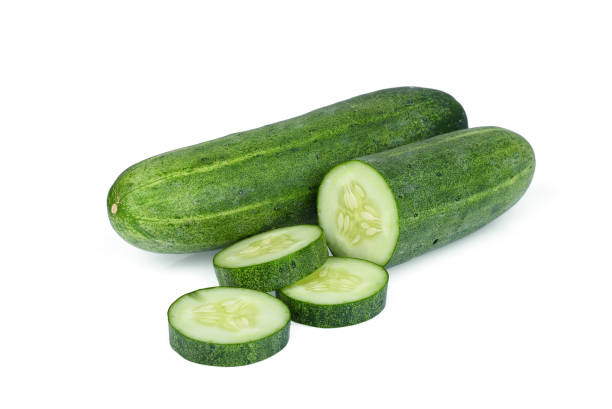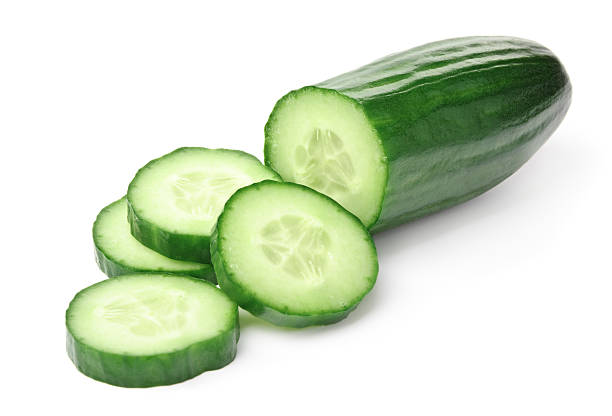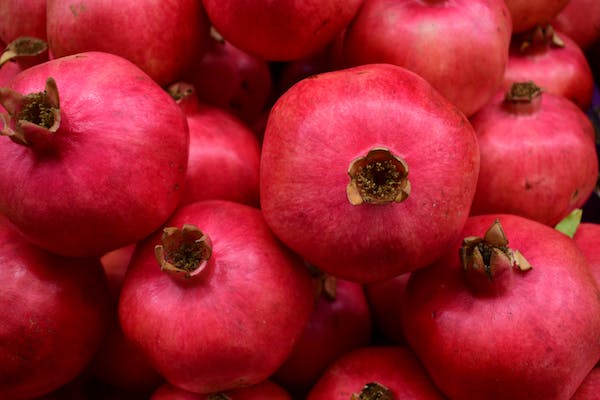When we think of cucumbers, which is known as Cucumis sativus, the image of a cool, refreshing salad or a spa water garnish often comes to mind. However, these green wonders offer more than just hydration and a satisfying crunch.
They belong to the gourd family and are widely cultivated worldwide. This is an exploration of the Nine Unpopular Health Benefits of Eating Cucumber, shedding light on how this humble vegetable can contribute to your overall well-being.

Cucumber Types
There are three major types of cucumber:
1. The Slicing Cucumber: These are the normal cucumbers you find in most grocery stores. They are usually enjoyed fresh in salads and sandwiches.
They typically have smooth skin and can reach lengths of 12-inches and sometimes more. They are sometimes known as seedless cucumbers or European cucumbers.
2. Pickling Cucumbers: This is another cucumber. They are smaller cucumbers that are ideal for making pickles due to their crisp texture and mild flavor. They are 3-7 inches long.
3. Persian Cucumbers: Persian cucumbers are small, slender cucumbers that are notable for their sweet taste and are often used in Mediterranean dishes.
Nutritional Facts About Cucumbers
Cucumbers are a low-calorie vegetable, making them a healthy choice for those looking to maintain or lose weight. Here’s a glimpse of their nutritional content per 100 grams:
-
Calories: 15
-
Carbohydrates: 3.63 grams
-
Fiber: 0.5 grams
-
Protein: 0.65 grams
-
Vitamin K: 16.4 mcg
-
Vitamin C: 2.8 mg
-
Potassium: 147 mg
Health Benefits of Eating Cucumbers
From aiding weight loss to promoting bone health, cools you down in the summer, and they also contain 96% water. Any meal plan can benefit from the versatility and nutritional value of cucumbers. Let’s examine the health benefits
1. Aid in Weight Loss
Cucumbers are incredibly low in calories, making them a fantastic addition to your weight-loss journey. Their high water content keeps you feeling full, reducing the temptation to snack on unhealthy options.
2. The Role of Cucumbers in Bone Health
Cucumbers, while not as well recognized as other dairy items for bone health, do contain beneficial minerals such as vitamin K, which aids in bone metabolism.
Cucumbers are a fantastic addition to your nutritional diet for strong and healthy bones because they aid in bone density and strength preservation.
3. Heart Health
Potassium, a mineral found in cucumbers, aids in controlling blood pressure. Cucumbers are a heart-friendly dietary choice because maintaining healthy blood pressure levels is essential for heart health.
Potassium consumption is critical for maintaining good blood pressure levels, lowering the risk of hypertension, and ultimately protecting your heart.
4. Healthy Skin
In addition to being a delicious addition to salads, cucumbers are a beauty secret for getting healthy, glowing skin. Their high water content hydrates your skin from the inside out, keeping moisture levels stable and fostering a radiant complexion.
Cucumbers also include silica, a substance that improves skin suppleness and collagen formation and is known to boost skin health. These green miracles can be your go-to natural treatment for obtaining and keeping healthy, attractive skin, whether you consume them in a salad or make a cooling cucumber mask.
5. Cancer Prevention
Cucumbers may offer an unexpected line of defense against cancer due to their unique compounds known as cucurbitacins (CuB). Research has uncovered the full extent of their potential for inhibiting the growth of cancer cells and suppressing tumor development.
Cucumbers and your diet can be a tasty way to introduce these potentially beneficial compounds into your body. However, cucumbers can certainly be part of a holistic approach to cancer prevention through a balanced and nutritious diet.
6. Blood Sugar Control
A person’s diet can benefit from including cucumbers, especially if they help manage blood sugar levels. Cucumber extracts may be advantageous for those with diabetes or those at risk of getting the disease, according to certain research, as they may help lower blood sugar levels.
However, cucumbers are not a replacement for medical treatments or a well-rounded diabetes management plan. They can serve as a low-calorie, low-carb snack option that contributes to overall blood sugar control when they are added to a balanced diet.
7. Digestive Health
Cucumbers support the digestive system. With a lot of dietary fiber, they aid in maintaining a healthy gut.
Fiber is essential for regular bowel movements, which tend to prevent constipation and support the optimal functioning of your digestive tract. The water and fiber in cucumbers also promote good hydration.
8. Antioxidants and Vitamins
This is another unpopular health benefit of cucumbers. They are a healthy source of antioxidants and vitamins that can benefit the whole body. They include a variety of chemical compounds, such as beta-carotene, flavonoids, and tannins, which help the body fight free radicals, reducing oxidative stress and the risk of chronic diseases.
9. Hydration
Cucumbers are natural hydrators, with their water content exceeding about 95%. Meanwhile, staying adequately hydrated is vital for numerous bodily functions, from regulating body temperature to supporting organ health.
Cucumbers provide a delicious and refreshing way to quench your thirst and also contribute to maintaining optimal body hydration levels.
Side Effects of Cucumbers
Though cucumbers have many health advantages, you should nonetheless be aware of their potential side effects.
-
Allergies: Cucumber allergies can cause itching and swelling in some people.
-
Digestive Issues: Some people may experience intestinal discomfort if they consume too many cucumbers.
-
Pesticide Residues: Cucumbers, if not organic, may contain pesticide residues, therefore, properly wash them.





